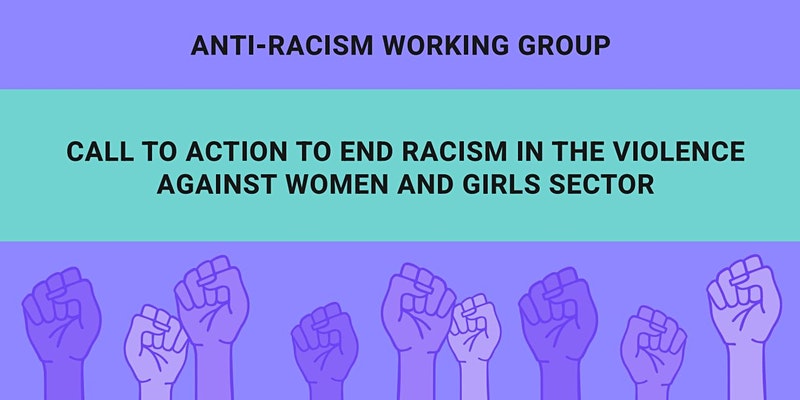 15 Jul
15 Jul
READ The Call to Action
SIGN UP to attend launch event, Thurs 10 Dec, 10am
On Human Rights Day tomorrow, the last day of our annual #16days of action to end violence against women and girls, a movement-changing initiative will be launched for the UK VAWG sector – one that challenges all of us working in it to play our part in ending racism.
Call to Action – For the last eight months, a group of Black, minoritized and white women from more than a dozen VAWG sector organisations have worked together intensively to produce a Call to Action and develop an anti-racism Charter to name and eradicate racism in all parts of our sector’s work, from service delivery through to campaigns. Our sector, which is precious and life-saving, nonetheless reproduces the racism which our whole society is built on. Many VAWG organisations have urgent work to do on employment and business practices, leadership, service design, and the articulating of our campaigns. The Call to Action and Charter are the roadmap for what needs to be done to bring about lasting change.
2020 has to mean permanent change – 2020 has been unspeakably hard for the violence against women and girls sector, which has had to transform itself to stay available for women and children through the pandemic. But it is also the clear, stark racial inequalities of the way this pandemic has been experienced that amplified the global Black Lives Matter movement, and led many of us in the sector to embark on the work that is needed to become proactively anti-racist.
Right now, as the Call to Action is launched and lots of us engage in the detail of the work that needs doing, it’s important to remind ourselves why this is necessary.
In policing
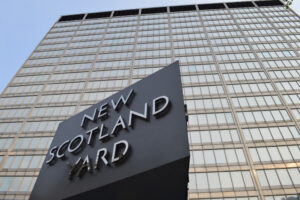 The police and the justice system remain institutionally racist. The harassment and criminalisation of Black men and boys attracts some attention, but the impact of this over-policing on Black and minoritized women and children rarely features in policy-making on violence against women and girls. Black and minoritized women are systematically denied the access to protection that all women should be entitled to, but are still commonly exhorted to report abuse if it happens and blamed if they do not.
The police and the justice system remain institutionally racist. The harassment and criminalisation of Black men and boys attracts some attention, but the impact of this over-policing on Black and minoritized women and children rarely features in policy-making on violence against women and girls. Black and minoritized women are systematically denied the access to protection that all women should be entitled to, but are still commonly exhorted to report abuse if it happens and blamed if they do not.
VAWG organisations spend a lot of time and energy appealing to, advising and instituting complaints about the police and justice system, as service providers, campaigners, researchers and more. If VAWG organisations, at local and national level, work with the police and other justice agencies uncritically around racism, and without regard to the specific needs and experiences of Black and minoritized women, we fail to disrupt racism and we fail Black women and children.
Across the public sector – Imkaan research finds that public sector workers more broadly – in the NHS, schools, social services, housing and other agencies – have a poor understanding of gender-based violence, its drivers and how some forms of abuse occur in different communities. They do not hear disclosures of abuse when they are made by Black and minoritized women, and respond to reports or signs of abuse with disbelief, blame, a failure to recognise harm and urgency, and a basic lack of compassion. Black and minoritized women often know they will be judged according to racialised sexist stereotypes if they disclose domestic or sexual violence to any of these workers. Black and minoritised girls already encounter racialised tropes and stereotypes when trying to disclose abuse in settings including schools and social services.
The VAWG sector, and not least EVAW, has spent many years lobbying national government to have a joined up, strategic approach to ending and preventing VAWG. If we fail to name race as part of the experience of using these public services and how VAWG survivors are responded to, we fail Black and minoritised women and girls.
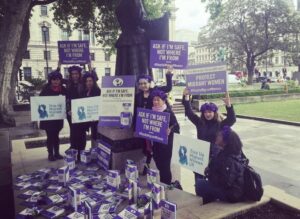
‘Hostile environment’ policies are inherently racist, and mean that migrant women experiencing abuse risk being treated as immigration offenders rather than victims of crime if they seek help. These policies may appall many of us working in the VAWG sector, and have been strongly challenged by anti-racist and migrant organisations and even condemned by the courts, but the fact is they remain at the heart of government policy, and are perhaps even ‘popular’, and their specific impact on migrant women and children facing abuse has as such been deemed tolerable.
If white-led organisations in the VAWG sector leave the work of both protecting migrant women, and challenging hostile environment policies like NRPF to the ‘by and for’ sector, we are failing a massive group of women who have a right to justice and support, and we are acquiescing in racist state policy.
Services built by and for who? Black and minoritized women built ‘by and for’ services based on knowledge and lived experience of state responses, racist attitudes in the community and exclusion. These founders knew that women escaping abuse and needing help with recovery must have somewhere to go where the workers understand without dispute the realities of living in racism, the fear and worry associated with relying on the police and the authorities, and the holistic, wraparound help that is needed.
Being a real ally to ‘by and for’ organisations is essential to intersectional feminism. White-led organisations need to reach out, form strong working and partner relationships, reject any level of appropriation or exploitation of Black women’s work and specialism, and not stand by while competitive tendering practices wreck by and for organisations’ sustainability. If this allyship isn’t real and demonstrable, we are not standing up to racism and we fail Black and minoritized women and girls.
The Call to Action launching this week is compelling. It points to concrete action which organisations of all sizes and purposes working on VAWG can take, from examining recruitment and retention, to building Black women’s leadership, looking hard at funding inequality and being part of the disruption of structural racism in our movement and beyond. Supporting the Call to Action indicates a commitment to start meaningful work in the run up to International Women’s Day 2021, so that we can deliver a robust anti-racism Charter that drives real change in our sector. This is a moment to unite around our core values and make ending racism in VAWG our shared goal.
READ The Call to Action
SIGN UP to attend launch event, Thurs 10 Dec, 10am
Recommended ARTICLES
 15 Jul
15 Jul
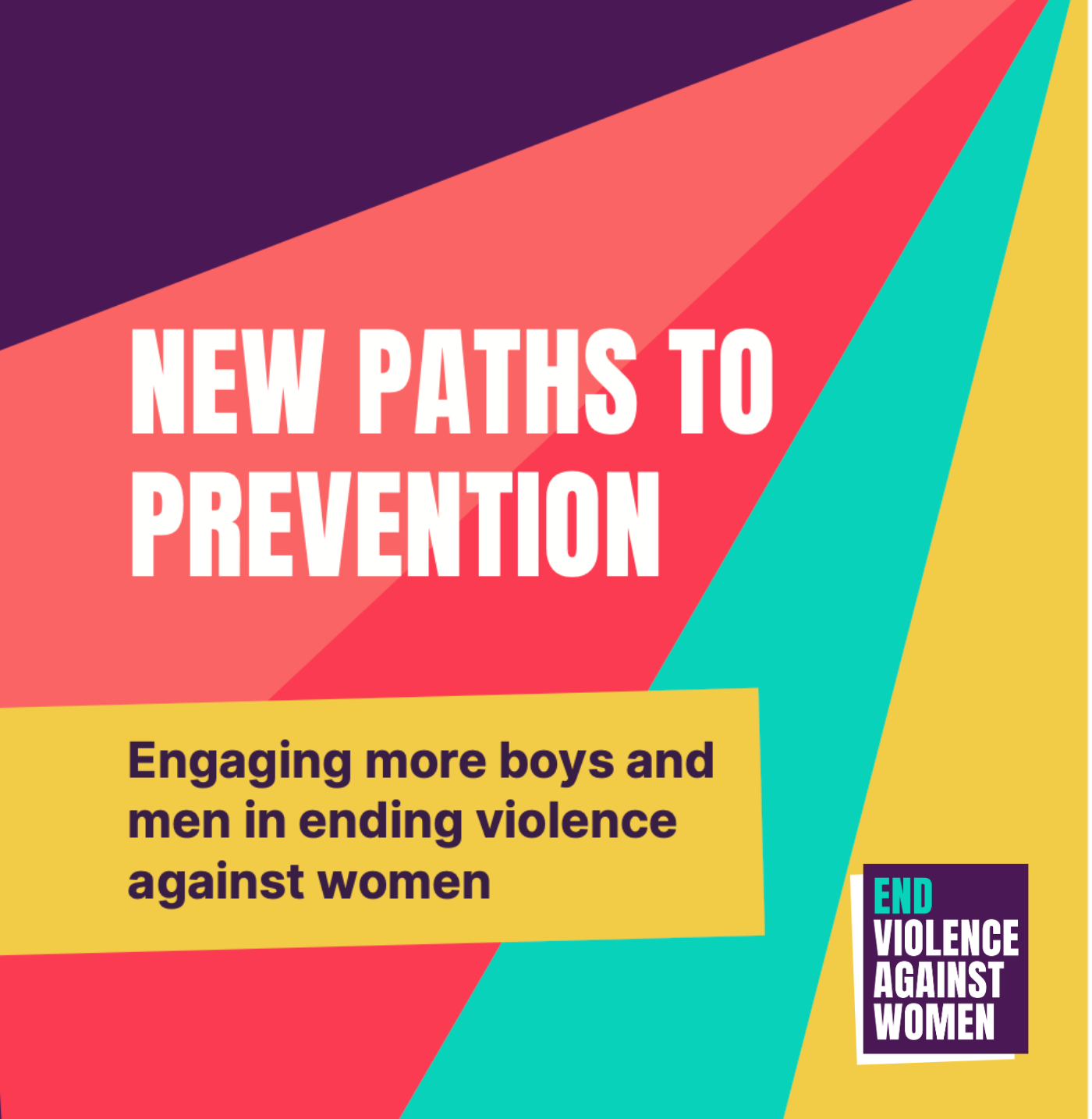 14 Jul
14 Jul
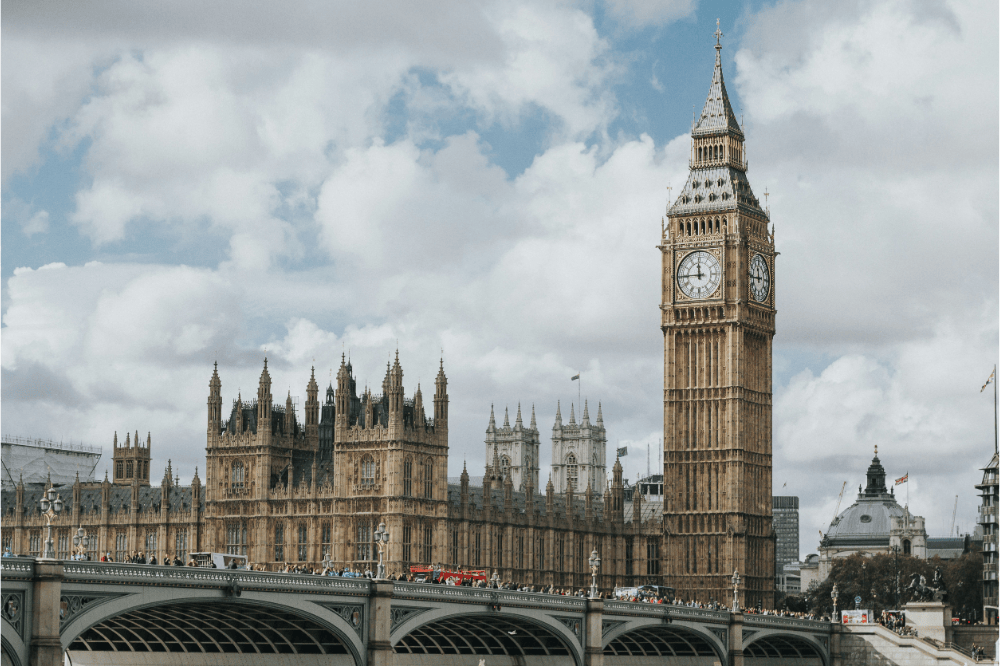 11 Jul
11 Jul

